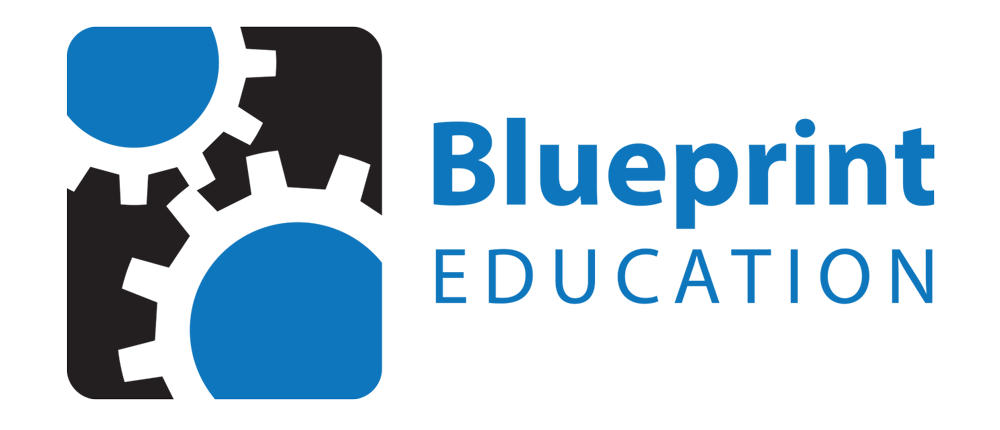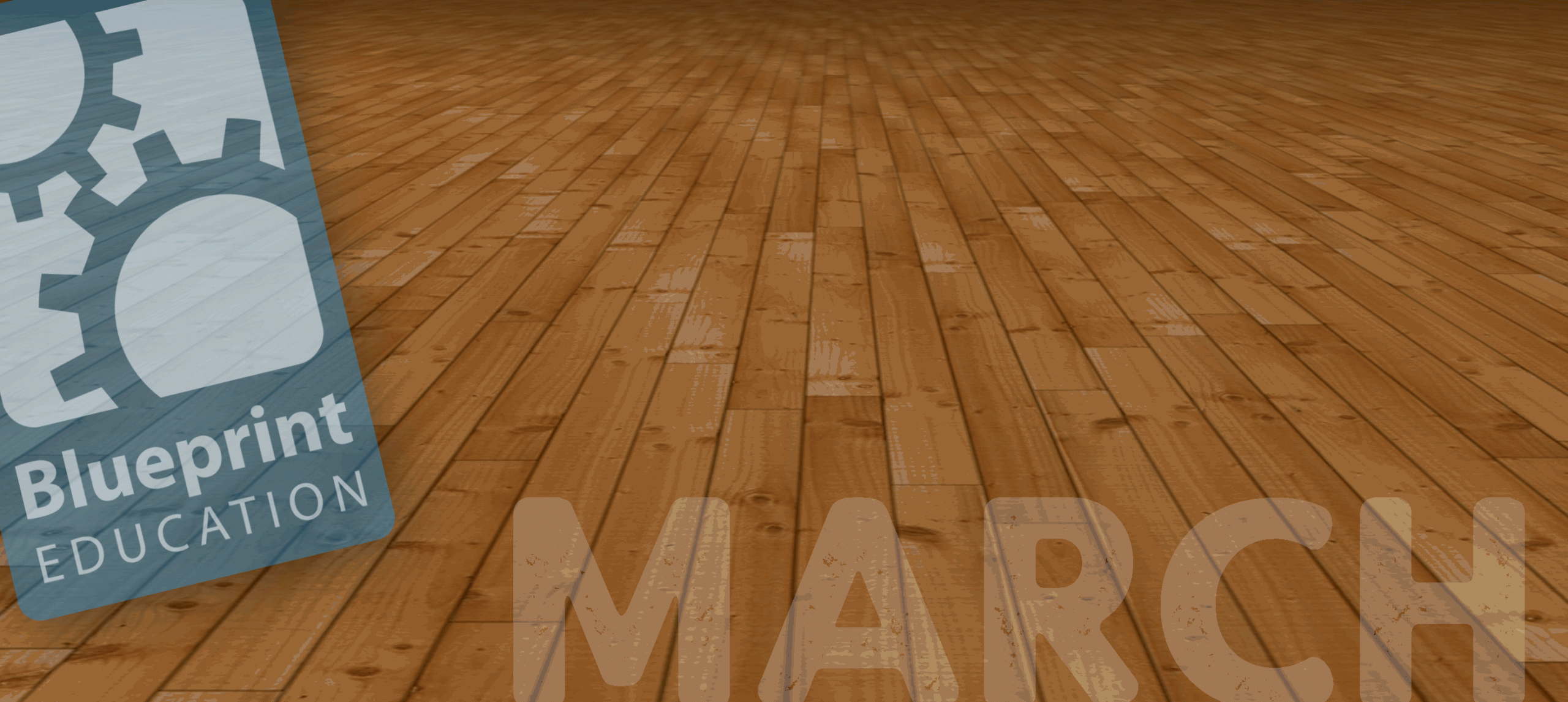Why Fun & Games in Learning?
It’s pretty obvious to children of every age that learning is hard work, and hard work is better when we’re having fun. In fact, researchers agree that games and play increase student engagement from K-12 through higher education, improving learning and achievment outcomes through interactivity (Oblinger, 2004). Kelsey Skaggs from MIND Research Institute (2023) found that gamifying learning and collaboration can help eliminate boredom from classrooms as well as online and blended environments while being pedagogically sound tools. Competition with levity and collaboration are the magical mix that foster depth of knowledge and a love of learning.
Tools & Features
Explore this month’s resource poster with links to online and in-hand games to improve engagement, learning, and teamwork. The linked tools and features reveal insights, perspectives, and strategies from educators and Agilists as they reflect on the values and strategies that impact learners and teams.

Why Agile… in Education?
I was recently at a learning conference provided by the Arizona Department of Education on behalf of the U.S. Department of Education and led by a pretty tuned-in and innovative group of advocates for school improvement. I was pleasantly surprised and excited to find that a key resource they shared, “Plan, Action, Success: Instructional Leadership, School Improvement,” from Learning Sciences International (2023), provided five research-based school success imperatives, and three of the five are Agile practices! The Achievement Board (really a scrum/kanban board), definition of done, and daily standups are all examples of the iterative approach of Agile in Education and why we are continuously learning to be agile.
The Agile framework originated from the world of software development, and a need arose to collaborate on product development in a smarter way. Agile teams work effectively as a unit and can better react to the inevitable changes in innovation and education (Terry, 2023). The Agile philosophy encompasses a group of methodologies that guide goal development, continuous improvement, and collaboration.When applied to education, the Agile framework and methodologies look like: student engagement, teamwork, exploration, relevance, objective mastery, increasing depth-of-knowledge, 21st Century skills in action, self-efficacy, and intrinsic motivation. Agile learners iteratively develop and grow trust, collaboration, culture, and reflective practice for lifelong learning and success.
Join us on the journey at blueprinteducation.org/agile.
References:
- Learning Sciences International. (2021). Plan, Action, Success: Instructional Leadership, School Improvement. Provided by the Arizona Department of Education, February, 2023.
- Oblinger, D. (2004). The next generation of educational engagement. Journal of Interactive Media in Education, 2004 (8). Special Issue on the Educational Semantic Web [www-jime.open.ac.uk/2004/8]
- Schwaber, K., & Sutherland, J. (2020, November).
- The Scrum Guide[The Definitive Guide to Scrum: The Rules of the Game] [pdf]Scrum Alliance. (2021, June). The Agile Educator Guide [An Agile Framework for Modern Education] [pdf].
- Skaggs, K. (2023). The difference games can make for student engagement.
- Mind Research Institute, Mind Education. Retrieved from https://blog.mindresearch.org/blog/student-engagement-game-based-learning
Author: Marina O’Connell, MAEd, CSM, CSPO, CAL K-12

